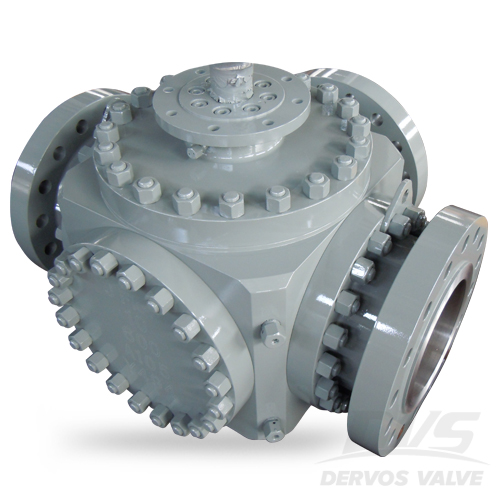Payment:
30% T/T When Order, 70% T/T Before ShipmentProduct Origin:
ChinaColor:
CustomizationShipping Port:
Shanghai ChinaLead Time:
45~60 days Ex Works After Order ConfirmationMaterial:
Forged SteelMethod of Operation:
GearboxThe L port 3-way ball valve could connect the port in the center with any other two side ports. This multi-way ball valve is designed as per API 6D with 12 inch in size and Class 600 in pressure rating, made of forged steel A105N.
Quick Detail
|
Type |
Ball Valve |
|
Size |
12 Inch |
|
Pressure |
ANSI 600, Class 600, 600LB |
|
Construction |
3 Way Ball Valve, L Port |
|
Connection |
RF Flange |
|
Operation Mode |
Gear Operated |
|
Body Material |
A105N |
|
Ball Material |
SS304 |
|
Manufacture and Design |
API 6D |
|
Pressure & Temp |
ASME B16.34 |
|
End to End |
ASME B16.10 |
|
End Connection |
ASME B16.5 |
|
Inspection |
API 6D, API 598 |
|
Temperature Range |
-29℃~+120℃ |
|
Medium |
Water, Oil, Gas |
Product Range
Body material: Carbon Steel (CS), Stainless Steel(SS), Alloy Steel.
Normal diameter: 2"~24"
End connection: Flange, Weld
Pressure range: 150 lb~1500 lb
Operation: Lever, Gearbox, Electric Actuator, Pneumatic Actuator

If you are interested in our products and want to know more details,please leave a message here,we will reply you as soon as we can.